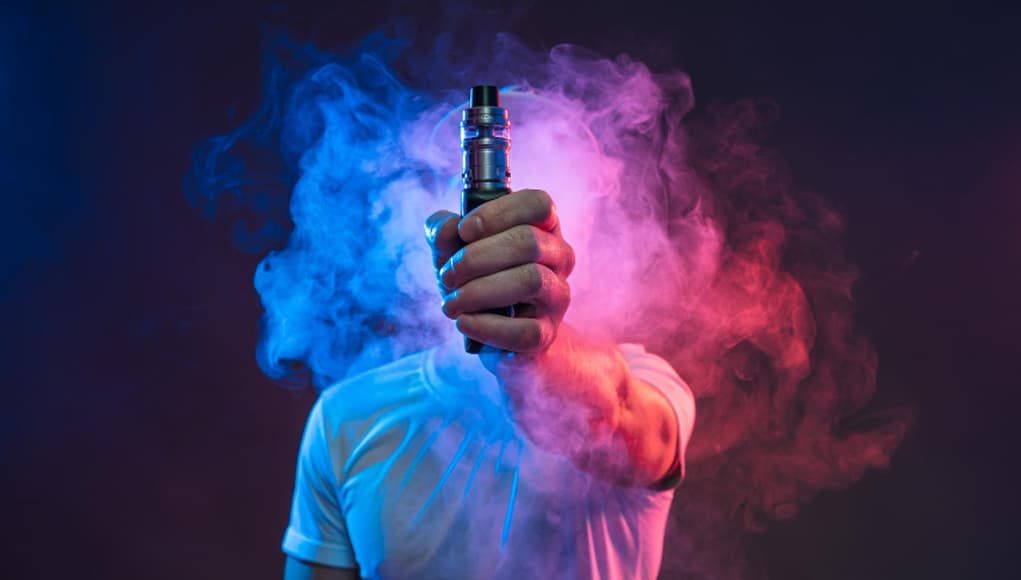In 2021, FCTC organizers had announced that there would be no discussions or decisions around Tobacco Harm Reduction (THR) products at COP9. They had explained that while related documents should still be submitted for information to COP9, any substantive discussions related to ‘smokeless tobacco and heated tobacco products’ and ‘novel and emerging tobacco products’, would be postponed to 2023’s COP10.
The time has now come and the 10th session of the Conference of the Parties to the WHO Framework Convention on Tobacco Control will be held this November in Panama. Sadly, vapers and tobacco harm reduction experts world wide are aware that as in previous years most likely nothing good will come out of this meeting as a several thousand unaccountable bureaucrats will be discussing a topic that they, the main stakeholders, will be fully left out of.
COP is a typical example of groupthink
In fact COP9 is secretive, restrictive and what can only be described as a classic example of group think: “a psychological phenomenon that occurs within a group of people in which the desire for harmony or conformity in the group results in an irrational or dysfunctional decision-making outcome.”
Last year, the Executive Coordinator of CAPHRA (Coalition of Asia Pacific Tobacco Harm Reduction Advocates) Nancy Loucas, mentioned the importance of this year’s event. “Countries represented at COP10 need to fully understand that millions of lives depend on delegates’ substantive discussions and subsequent recommendations on safer nicotine products next year. The red light must turn green – it’s long overdue.”
An attack on harm reduction
In a recent episode of RegWatch, Martin Cullip, International Fellow at the Taxpayers Protection Alliance and prolific writer on harm reduction policy, said that COP10 poses serious threats to the future of vaping. And discussing this year’s event, Loucas recently issued a press release saying that the media should actually investigate who is behind COP10’s evident anti-vape agenda, and why, rather than just exacerbate it.
Moreover, the member organisations of CAPHRA have written to their respective country’s FCTC delegations attending COP10, urging them to include at least one consumer of safer nicotine products. This is not the first time members of CAPHRA have written to governments sending delegates to COP. However until now, the event organizers choose to remain undemocratic and non scientific.












